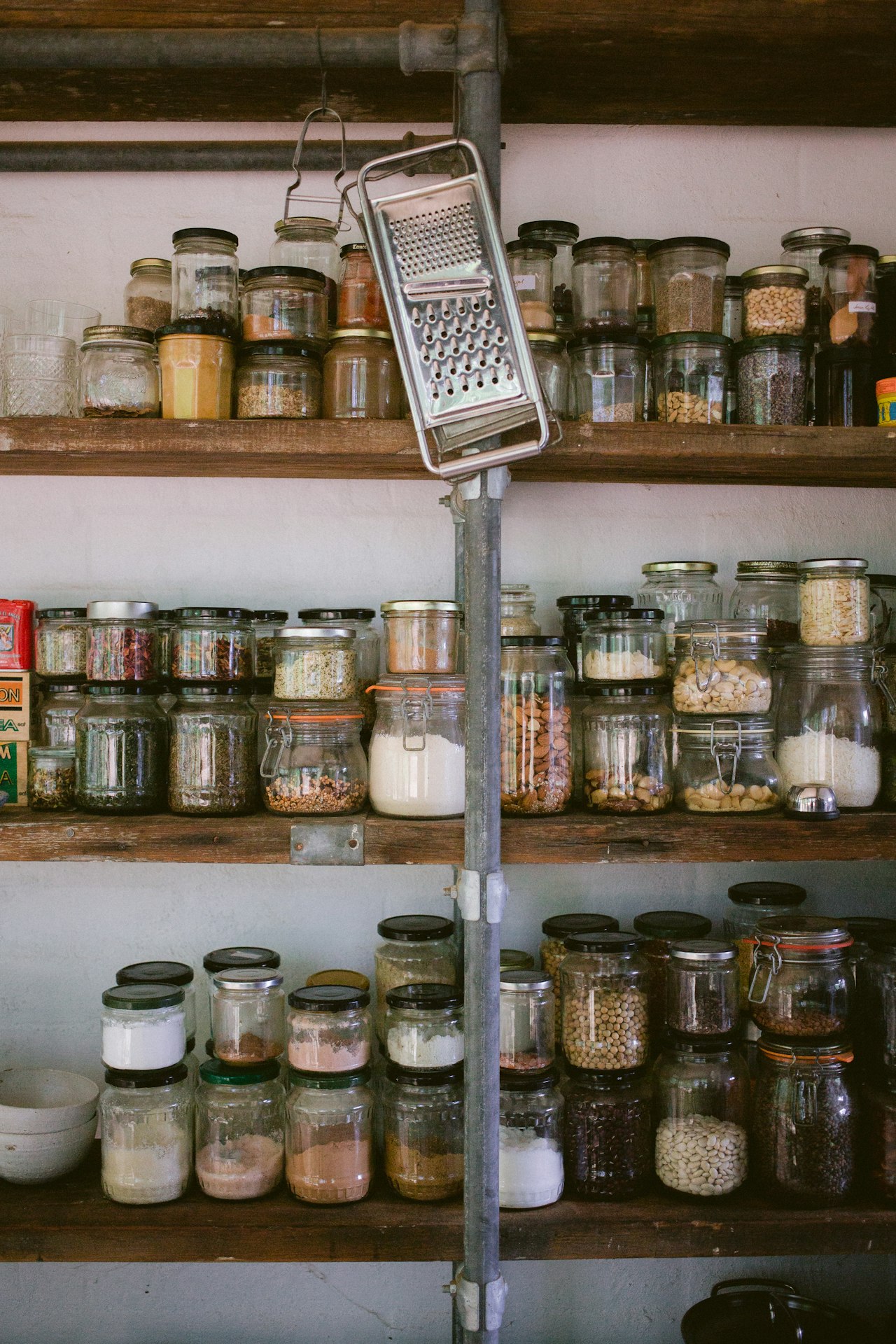Moving to a new home can be both exciting and stressful at the same time. There are so many aspects of your life affected by the move it’s hard to keep track of everything you need to do. The primary goal of a smooth transition can be difficult to achieve. For some, your move will be in the same general area and state, so you won’t have as much to consider as someone who is relocating across the country for a new job. But that doesn’t mean your move will be a piece of cake. With all the important details, logistics, and paperwork involved, it’s easy to see why the process can be stressful. You can make your move a smooth transition if you prepare early on and stick to a plan. This checklist will help keep you on track!
Eight To Six Weeks Before Your Move
Most movers recommend starting at least eight weeks ahead of your move so you can spread out the responsibilities and not feel overwhelmed. Take each step one day at a time. It’s ok if you have to move some things around or delay a step. This is a guide, and you should adjust it according to your specific moving plan.
If you need to sell and buy a new home, this is a great time to do so. Selling your current home before purchasing your new home is the most beneficial for financial reasons. Your current home equity can count toward your down payment for your new home. Allow time for home viewing, negotiations, and inspections before closing. If you start this process fewer than eight weeks before you need to move, it can result in overlapping mortgage payments on top of all other moving costs.
Work with your Realtor to prepare your home to sell. The Compass Concierge service is a fast and hassle-free way to get the services you need to sell your house quickly. They can assist with staging your home, minor repairs, and sprucing up the exterior of your home for curb appeal.
A Smooth Transition From Out of State
If you are moving to another state, you will need time to research any state requirements. Research the property taxes, schools, and the safety of the area you are thinking about moving to. Your Realtor can assist you with this as well. You can also research doctors, churches, banks, and any other business establishments you may need when you move to your new location. You may need to gather your medical and dental records or other important documents and store them in a safe place until you move. This is when you will need to register children to their new school and transfer their school records once you have settled on the location you are moving to and which school they will attend.
Four To Two Weeks Before You Move
Research moving companies and book the one you choose or make a complete plan to move on your own. Gather packing materials and boxes and start packing what you can. Donate any items that you no longer use or have a moving sale. When packing, be sure to label boxes by room, such as “kitchen” or “master bath.” You can also label boxes that are fragile and have breakables in them.
Make a list of businesses that you will need to notify of your change in address, including your online accounts. You can also start to notify utility providers of when to disconnect at your current home and when to connect at your new home.
Hire a cleaning service unless you can do the cleaning yourself. As you pack and empty rooms, you will want to do a deep clean of carpets, dusting, and any other cleaning needs. You may also need to remove nails from the walls and fill them with spackle and paint the walls to repair any damage.
Moving Week Is Here
Pack a bag of items you will need to carry on the road with you, especially if the move is a long-distance road trip. Bring essential items like medications, wallets and purses, cell phones, some clothes (in case the movers get delayed, and you arrive well before they do). Bring some items you will need immediately in your new home, such as toilet paper, a small bag of food and snacks, garbage bags, cleaning supplies. If you have pets, make sure you bring pet food and treats, litter, or anything else your pets need during travel time and when arriving at your new home.
Prepare any appliances staying in your current home for the next family. Clean out all items and unplug them if needed. For freezers and refrigerators, you should allow them to defrost if they will be empty for a while.
A Smooth Transition on Moving Day
On moving day, do a final sweep of the house and make sure you didn’t leave anything behind. Make sure everything is clean and ready for the next resident. Go over everything with the movers, and don’t forget to tip them!
Settle Into Your New Home
You have arrived! And you are likely exhausted. Don’t worry about unpacking everything on moving day. Unpack the essentials. Set up your beds and showers so you can get cleaned up and go to bed when you are ready to sleep. Unpack a few kitchen essentials like your coffee maker, breakfast items, and snacks. The bulk of the unpacking can wait until the next day or so. Allow yourself some time to rest and soak in your new environment. Moving is not only physically exhausting, but it’s also mentally exhausting. You may feel emotional and overwhelmed, and that is to be expected. Allow yourself to adjust, and don’t be too hard on yourself.
Most of all, enjoy your new home, go outside and meet your neighbors, and start making happy memories!
























































